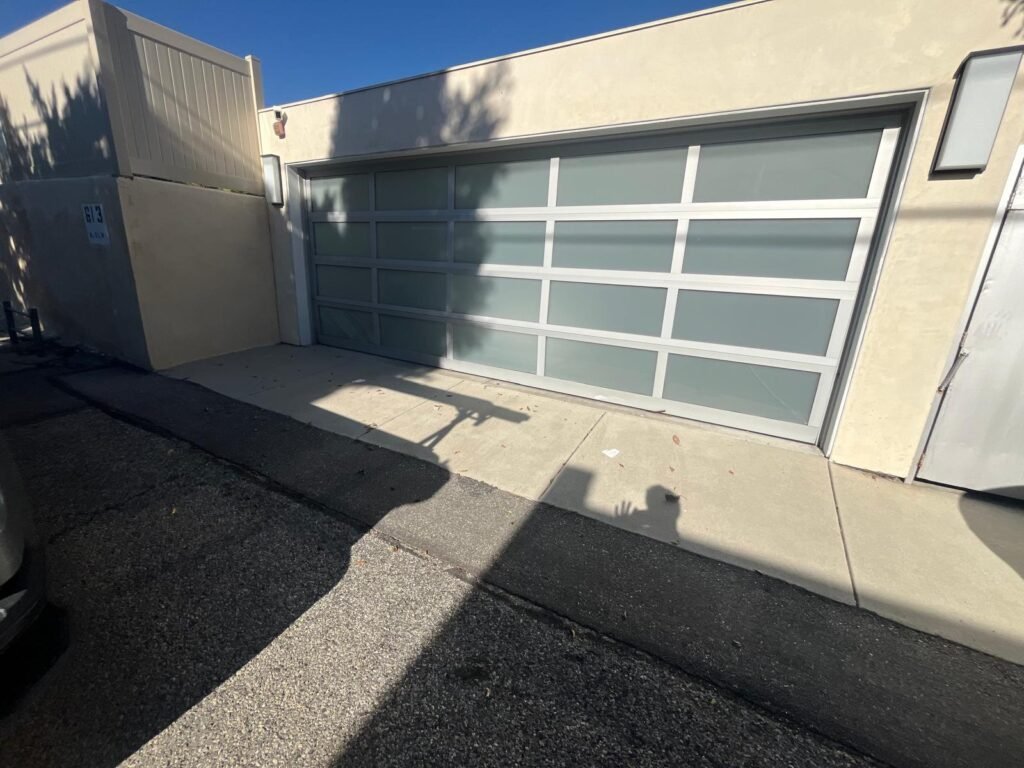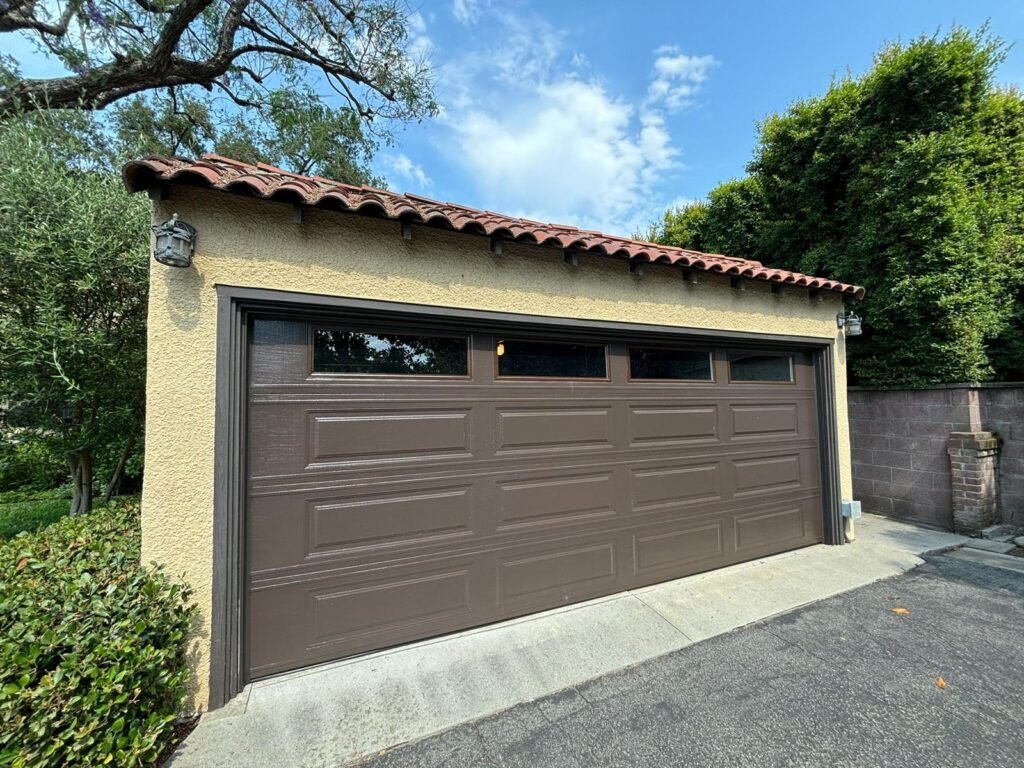

Garage Door Seal Replacement Frequently Asked Questions
Learn more about commonly asked questions from costumers about Seal Replacement.
Garage Door Seal Replacement FAQs
What brands of garage door seals does GMR typically work with?
GMR works with several high-quality brands for garage door seals including Clopay, Wayne Dalton, Chamberlain, LiftMaster, Amarr, and Genie. We also install specialty seals from MD Building Products, Frost King, and DGSL (Garage Door Seal Company). These manufacturers offer reliable weatherstripping solutions that provide excellent protection against the elements.
What types of materials are used in garage door seals that GMR installs?
GMR installs seals made from various materials including EPDM rubber (ethylene propylene diene monomer), vinyl, silicone, neoprene, and PVC. For extreme weather conditions, we recommend our commercial-grade TPV (thermoplastic vulcanizate) seals which offer superior durability and temperature resistance. Each material has specific advantages depending on your climate and garage door configuration.
What specific seal types does GMR replace on garage doors?
GMR replaces all types of garage door seals including bottom seals (T-style, bulb-type, J-type, and P-style), threshold seals, perimeter weatherstripping, top and header seals, side/jamb seals, and brush seals for commercial applications. We also install specialized solutions like rodent-proof seals, extra-wide seals for uneven floors, and high-temperature rated seals for areas prone to extreme heat.
Does GMR work with specialty or custom garage door seal systems?
Yes, GMR handles specialty and custom garage door seal systems including double-door meeting stiles, curved door applications, and custom-cut solutions for oversized or uniquely shaped doors. We also work with specialty systems like Xcluder rodent-proof seals, Storm Shield water barriers, and Universal Garage Door Threshold Kits for severe weather protection. Our technicians are trained to adapt standard products or source specialty items for unusual applications.
What equipment does GMR use when replacing garage door seals?
GMR technicians use professional-grade equipment including industrial heat guns for vinyl seal installation, pneumatic nail guns for securing certain types of weatherstripping, specialty seal cutting tools, track lubricant applicators, and precision measuring instruments. For bottom seal replacement, we utilize specialized retainer tools compatible with Clopay, Wayne Dalton, and other major brands’ track systems to ensure proper installation.
What maintenance should homeowners do before a garage door seal replacement?
Before seal replacement, homeowners should clean the garage door tracks and threshold area to remove debris, dirt, and old sealant residue. Check for any damaged areas on the door bottom or frame that might affect the new seal. Note any floor unevenness or gaps that should be addressed. If possible, take photos of problem areas where water, drafts, or pests are entering to share with your technician. This preparation helps ensure optimal installation results.
What maintenance should homeowners perform after a garage door seal replacement?
After seal replacement, homeowners should regularly inspect the new seals (quarterly is recommended) for signs of wear, cracking, or separation from the door. Clean the seals with mild soap and water to remove dirt and debris that can cause premature wear. Apply a silicone-based lubricant (never use WD-40) to rubber seals annually to prevent drying and cracking. During extreme temperature changes, check that the seals remain flexible and maintain proper contact with the ground or door frame.
How can homeowners extend the life of their newly replaced garage door seals?
To extend seal life, avoid using harsh chemicals or petroleum-based products when cleaning around the door. Keep the garage floor clean of debris, salt, and ice melt chemicals that can degrade rubber seals. Consider applying UV protectant to exposed seals, especially in sunny climates. During winter, carefully remove ice buildup around the seal rather than forcing the door, which can tear or damage the seal. Adjust the door’s close limit switch if necessary to prevent the seal from being crushed when fully closed.
Does GMR offer any warranties on replaced garage door seals?
Yes, GMR offers warranties on all seal replacement services. Standard vinyl and rubber seals typically come with a 1-year warranty against manufacturing defects and installation issues. Premium and commercial-grade seals from brands like Clopay and Wayne Dalton carry extended warranties of up to 3-5 years. Our specialty high-performance seals, such as the Arctic Seal and Storm Shield systems, include 5-year limited warranties. All warranties cover premature cracking, separation, and material failure under normal usage conditions.
How often should garage door seals be replaced, and what signs indicate replacement is needed?
Garage door seals typically need replacement every 3-5 years, though this varies based on climate, usage, and seal quality. Signs that indicate replacement is needed include visible cracking or brittleness of the seal material, gaps between the seal and floor when the door is closed, increased drafts or water entry, higher energy bills, visible light showing under or around the door when closed, increased pest intrusion, or unusual noise when the door operates. GMR recommends annual inspections to catch deterioration before it leads to more significant issues.
Request Your Seal Replacement
Fill out the form below for a fast response.
Contact Information
Hours:
MONDAY – FRIDAY: 7:00 AM – 9:00 PM
SATURDAY & SUNDAY: 8:00 AM – 9:00 PM
Address:
Los Angeles, CA 90036
Schedule Online
Use our calendar to book a convenient time for your Seal Replacement.

